Politics
State of the EU: Ukraine, Green Deal, Economy, China, Artificial Intelligence | News
Opening the debate, EP President Roberta Metsola said: “The European Union today is stronger, and more united than ever before. The world is changing and Europe must adapt and change with it too. We must keep striving to make our Europe a place of equality of opportunity, of access, of prosperity – where everyone can reach their potential. We must keep reforming. We should always keep people’s concerns at the centre of all our actions.“
Commission President von der Leyen said that the EU has undergone a substantial transformation since she first presented her programme in 2019, adding: ”We have delivered over 90% of the political guidelines I presented” back then.
On the Green Deal, the decarbonisation of Europe’s industry while maintaining its competitiveness, she announced an anti-subsidy investigation into Chinese electric vehicles. ”We must defend ourselves against unfair practices” she said.
President von der Leyen stressed the importance of a fair transition for farmers, families and industry and that “Europe will do ’whatever it takes’ to keep its competitive edge.” She announced a competitiveness check by an independent board for every new legislation.
With regard to Artificial Intelligence, Ms von der Leyen said that AI will improve healthcare, boost productivity and help to address climate change. The Commission’s “number one priority is to ensure AI develops in a human-centric, transparent and responsible way” she said, also calling for an international panel of experts similar to the IPCC on climate change to steer its development.
On Ukraine, she announced that the Commission will propose the extension of the EU’s temporary protection to Ukrainians and an additional 50 billion euros over four years for investment and reforms. “Our support to Ukraine will endure.”
The Commission President also referred to the rule of law, enlargement, migration, EU-Africa relations, the Global Gateway initiative, climate change, food security, and an upcoming Social Partner Summit.
You can watch her full speech here.
Leaders of the political groups
Manfred Weber (EPP, DE), highlighted three priorities. Firstly, economic growth and competitiveness, saying “we need growth, we need jobs, we need decent incomes, we need prosperity, we need a strong industry,” and welcoming initiatives to reduce red tape, invest in innovation, and cultivate trade relationships. Secondly, he cited migration, emphasising that Europe needs to decide who can enter at its borders and highlighting the “European DNA” of protecting refugees. Thirdly, he asserted the necessity for a European Defence Union and the need for ”optimism, vision, values and the readiness for the next step to become a real European Union.”
Iratxe García (S&D, ES) said the EU’s top priority should be reindustrialising to achieve strategic autonomy, while advancing the green transition to halt the consequences of climate change. She thanked President von der Leyen for her clear message in support of the Green Deal but regretted the lack of emphasis about consolidating the Union’s social pillar. Ms García called for the inclusion of gender violence to the list of EU crimes, and to use the frozen Russian assets to help fund the rebuilding of Ukraine. She also urged the EU to secure a deal on the migration pact and stressed that “Europeans’ money cannot end in the pockets of governments abusing people’s fundamental rights”.
Stéphane Séjourné (Renew, FR) emphasised the importance of making the most of the legislature’s remaining months. He highlighted the positive steps made in response to the pandemic, Russia’s aggression against Ukraine, and the European Green Deal. He demanded the EU focus on reindustrialising Europe and noted that the EU has now regulated the digital “wild west”. Mr Séjourné stressed the need for a lasting solution to migration issues. He also criticized the “poisonous” unanimity rule in the Council and urged Europe to heed the desperate pleas of judges in Poland and Hungary.
Philippe Lamberts (Greens/EFA, BE) criticised “those who are calling for a pause” in climate and environmental legislation, saying, “we are not above nature (…) whether we like it or not, there are limits to what our planet can take and to what it can give.” He said the ecological transition represents “the single biggest economic opportunity for Europe.” Lamberts also urged the European Commission to address housing issues and to step up its efforts against breaches of the rule of law, “and not only towards Poland or Hungary”.
“Is the EU in a better shape today than twenty years ago?” Ryszard Legutko (ECR, PL) asked. “The answer is no, as there is more than ever instability, uncertainty and the inflation is high.” “People smuggling is thriving, the Green Deal is a costly extravaganza, the cost of the EU’s common debt will be two times larger than predicted and the EU budget is in shambles”, he added. “The Commission slides towards oligarchy, meddling in national policies, and trying to topple governments they do not like, having made the rule of law a caricature.”
Marco Zanni (ID, IT) said that on the Green Deal, the EU has “a historical opportunity to be less ideological and more pragmatic,” adding that we need to tackle climate change without harming “our farmers, firms or buildings’ owners”. On the announced investigations into foreign subsidies, Mr Zanni questioned their usefulness, stressing that we already know that China is involved in unfair competition. On migration, he said that while EU fails to agree that “who has no right to be in, needs to stay out” it won’t be possible to “solve the issue”.
Martin Schirdewan (The Left, DE) said: “True political success is measured by the real-life situations of the majority of people, not by eloquent speeches.” He added that, despite lofty promises, the reality for many Europeans remains grim, with rising living costs and falling real wages. He highlighted the struggles of workers, single mothers, and retirees, accusing the Commission of fostering a Europe that increasingly serves corporations over its citizens while “95 million people in the European Union are threatened by poverty”.
You can watch the full debate here.
Politics
Critical Oversight: ODIHR Prepares for Local Elections in Bosnia and Herzegovina
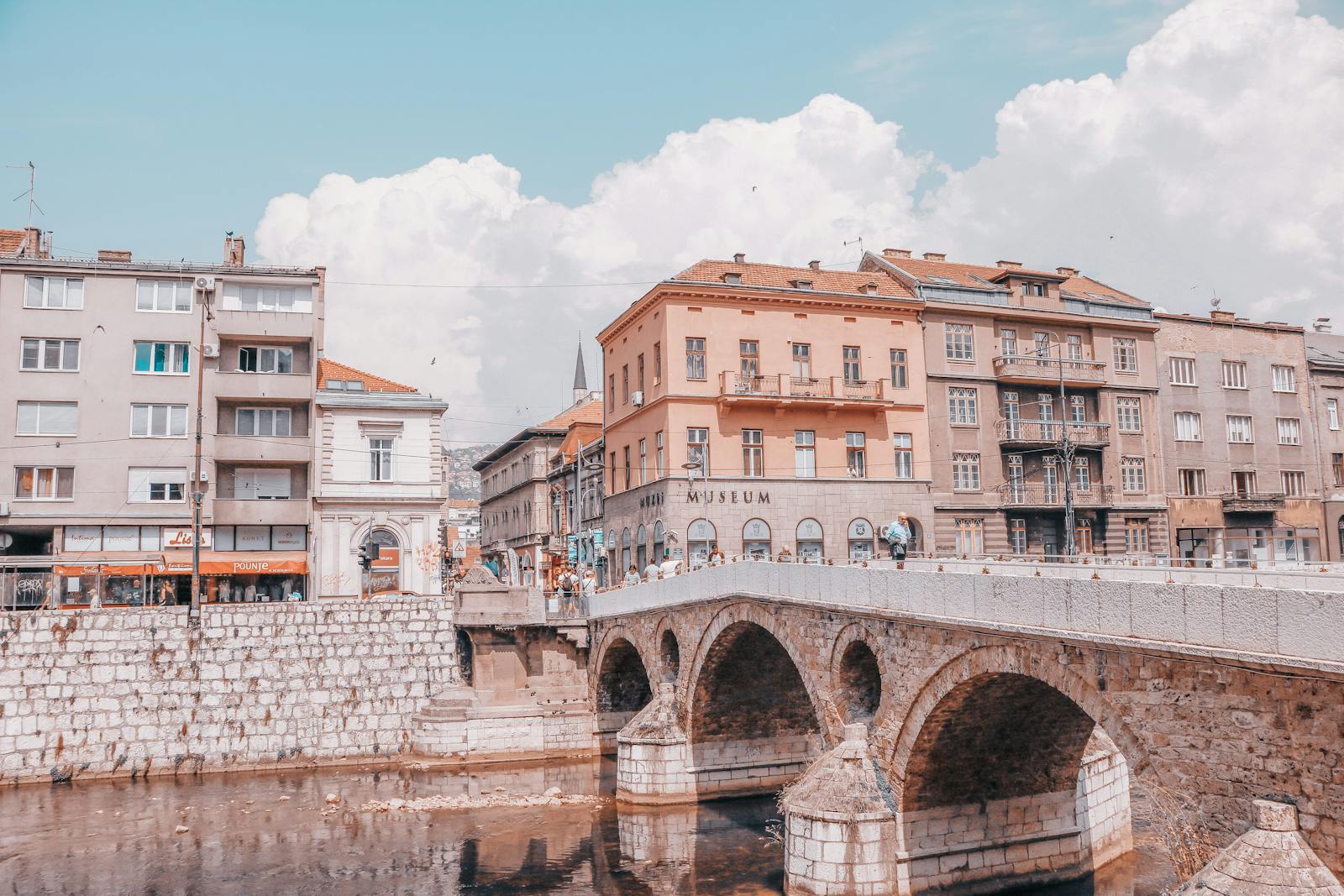
SARAJEVO, 30 August 2024 – In a critical step toward upholding democratic standards, the Organization for Security and Co-operation in Europe (OSCE) Office for Democratic Institutions and Human Rights (ODIHR) has officially opened an election observation mission in Bosnia and Herzegovina for the upcoming local elections scheduled for 6 October 2024. This initiative follows an official invitation from the national authorities and the results of a needs assessment mission conducted in May.
Heading the mission is Corien Jonker, who will lead a core team of 11 international experts based in Sarajevo. In addition, the mission will deploy 20 long-term observers throughout the country starting on 6 September. To bolster the observation efforts further, ODIHR plans to request an additional 300 short-term observers, who are expected to arrive several days prior to election day.
The primary objective of the mission is to assess the elections’ compliance with OSCE commitments, international obligations, and standards for democratic elections, as well as with the national legislation of Bosnia and Herzegovina. Observers will meticulously monitor key aspects of the electoral process, which includes both offline and online campaign activities, the performance of the election administration at all levels, the implementation of election legislation, and the overall respect for fundamental freedoms.
A significant focus will also be placed on evaluating the work of public and private media during the election period and monitoring the resolution of any election disputes that may arise. Additionally, observers will assess the implementation of previous ODIHR recommendations related to electoral processes in the region.
Integral to the observation mission is the engagement with a diverse array of stakeholders. This includes meetings with national authorities, representatives of political parties, civil society organizations, media entities, and members of the international community. Such interactions will provide vital insights into the electoral environment and the challenges faced during the election period.
To keep the public informed, the ODIHR will release an interim report approximately two weeks before the elections, detailing the mission’s observations and activities up until that point. Following the elections, a statement of preliminary findings and conclusions will be presented at a press conference the day after the polling. A comprehensive final report assessing the entire election process, complete with recommendations for future improvements, will be published in the months following the elections.
As Bosnia and Herzegovina approaches these crucial local elections, the ODIHR’s commitment to monitoring and assessing the democratic process underscores the importance of transparency and accountability in fostering a robust electoral environment.
Politics
German MEP Dennis Radtke takes on influential role in the European Parliament
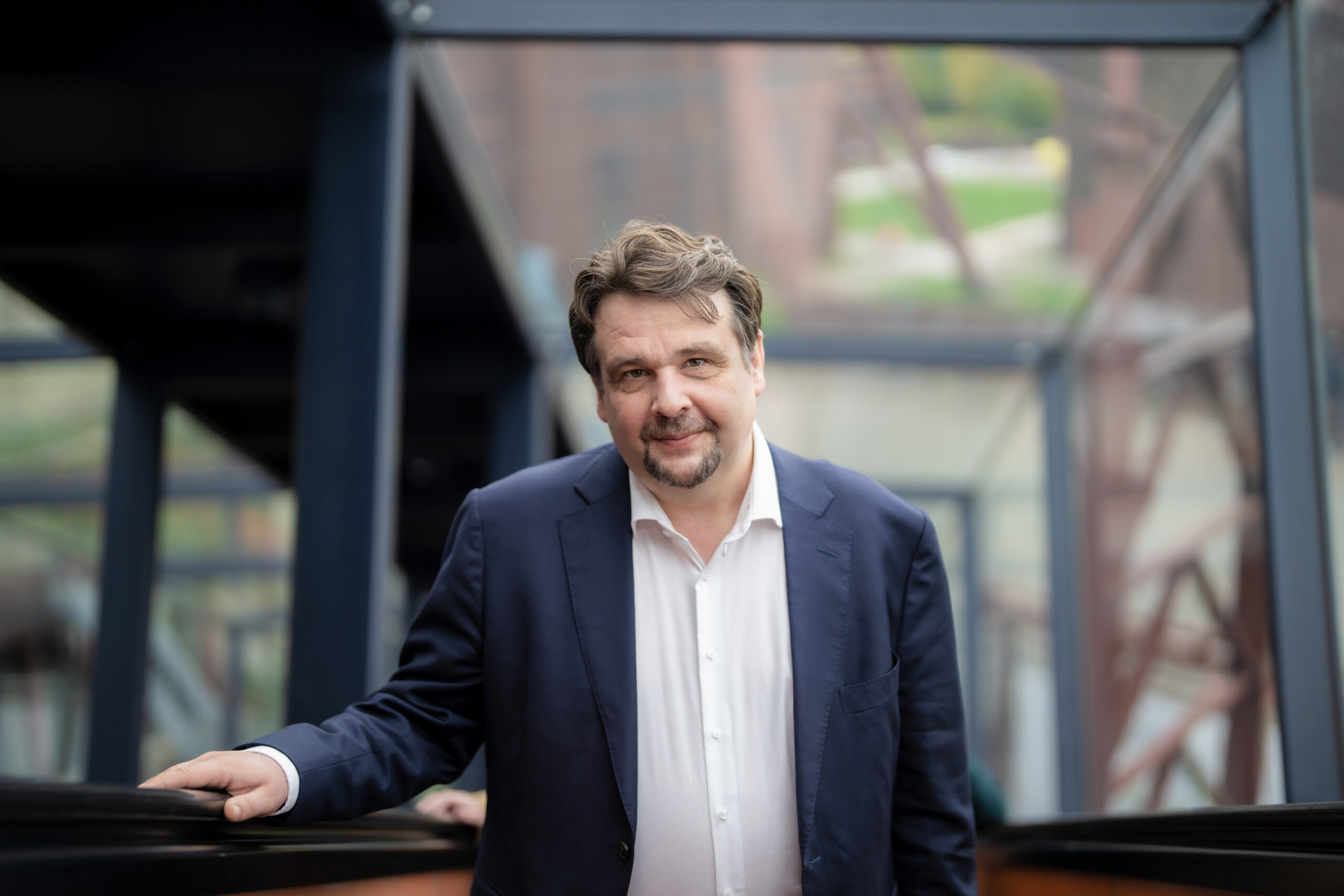
STRASBOURG/BRUSSELS/BERLIN/DÜSSELDORF/BOCHUM. Yesterday, Wednesday (17 July 2024), Dennis Radtke MEP from North Rhine-Westphalia (NRW) in Germany was confirmed as social policy spokesperson for the EPP Group in Strasbourg, where the European Parliament is being constituted this week.
“I am delighted to be able to continue to lead the EPP Group in the European Parliament’s Committee on Employment and Social Affairs (EMPL) and promote social policy issues,” said Dennis Radtke shortly after his election.
He also immediately formulated his clear ambition: “There is still a lot to do on the road to a more social Europe and we as the EPP Group want to play a leading role in this.”
According to the CDU politician, many projects have already been implemented: a European Minimum Wage, strengthening the rights of platform workers, social and climate funds and a European care strategy. “The great trust placed in me by my colleagues in the EPP Group motivates me strongly to continue actively working for a socially just Europe,” continued Radtke.
In his role as so-called coordinator of his political group, Dennis Radtke decides, for example, on the distribution of legislative and non-legislative reports and basically steers the work in the EMPL Committee.
One of Radtke’s next important projects for the new 10th parliamentary term of the European Parliament is to improve the protection of workers. “In its new mandate, the European Labour Authority (ELA) must be given every opportunity to enforce worker protection in the European Union, including across borders,” says the CDU politician.
Dennis Radtke is 45 years old, married and the father of two children. He comes from Wattenscheid (Bochum, Germany) and has been a member of the European Parliament since 2017. Radtke is a member of the Committees on Employment and Social Affairs (EMPL) and on the Environment, Public Health and Food Safety (ENVI).
The German CDU politician is President of the European Union of Christian Democratic Workers (EUCDW), Deputy Federal Chairman and North Rhine-Westphalian State Chairman of the Christian Democratic Workers’ Union (CDA), the CDU’s labour wing. At the CDA national conference on 14 and 15 September 2024 in Weimar (Thuringia), Dennis Radtke will run for the federal chairmanship of the CDA Germany in succession to Minister Karl-Josef Laumann MdL.
Politics
Roberta Metsola re-elected as President of the European Parliament
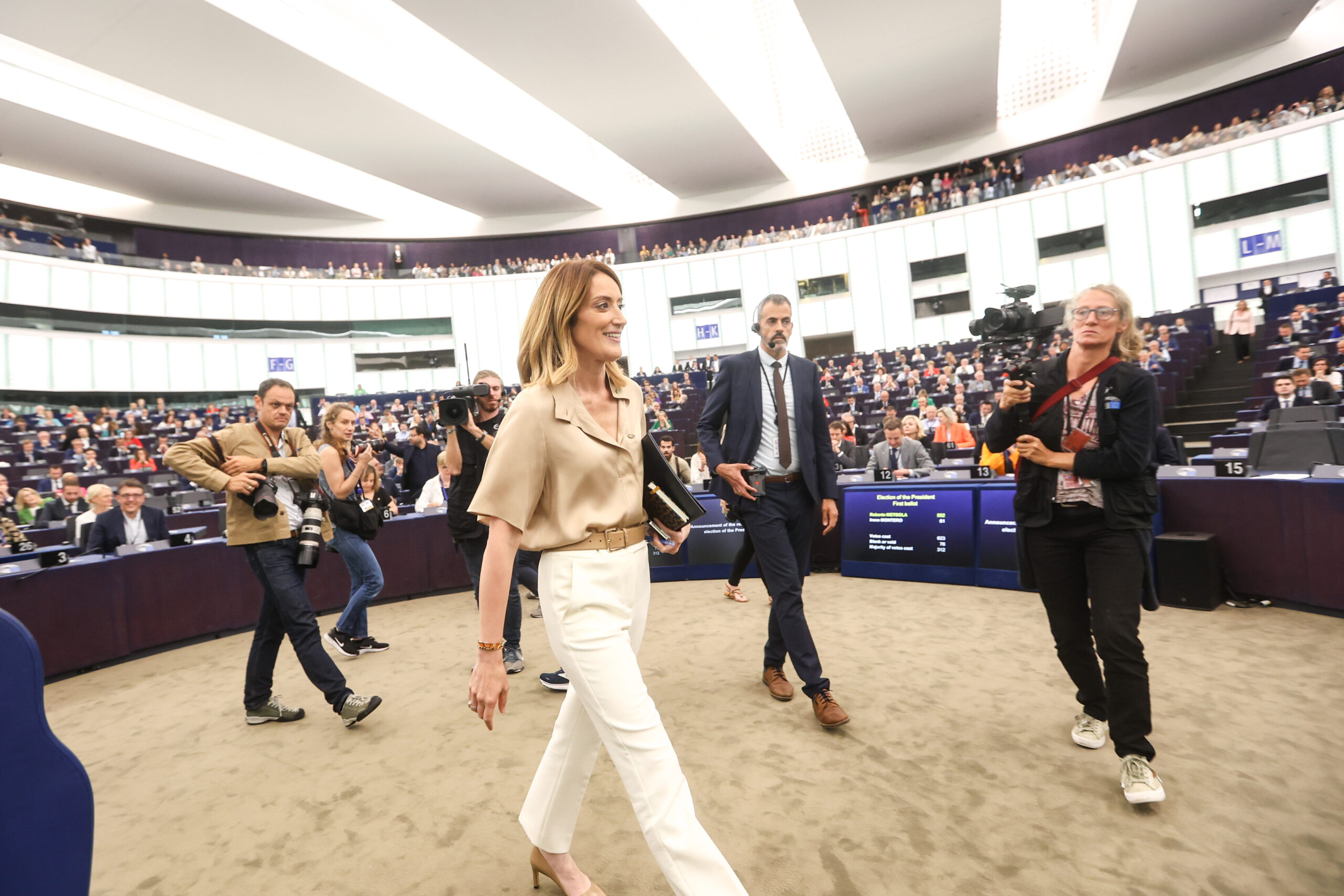
On Tuesday, MEPs re-elected Roberta Metsola (EPP, MT) as President of the European Parliament until 2027, with 562 votes in the first round.
Roberta Metsola won the election in the first round of voting, where she received an absolute majority of 562 votes cast out of 699 by secret paper ballot, among two candidates. She will continue to lead Parliament for the first two and a half years of the 10th legislative term.
Voting results
- Roberta Metsola (EPP, MT) 562
- Irene Montero (The Left, ES) 61
Total votes cast: 699
Blank or invalid votes: 76
Absolute majority needed: 312
Who is Roberta Metsola
Born in Malta in 1979, Roberta Metsola has been an MEP since 2013. She was elected First Vice-President in November 2020, and was Parliament’s acting President after President Sassoli passed away on 11 January 2022. On 18 January 2022, she was elected President for the second half of the 9th legislative term. She is the third female President of the European Parliament, after Simone Veil (1979-1982) and Nicole Fontaine (1999-2002).
Addressing the House after she was elected, President Metsola said: “Together, we must stand up for the politics of hope, for the dream that is Europe. I want people to recapture a sense of belief and enthusiasm for our project. A belief to make our shared space safer, fairer, more just and more equal. A belief that together we are stronger and we are better. A belief that ours is a Europe for all.”
A full version of the President’s address will soon be available on Parliament’s website.
-

 Sports6 days ago
Sports6 days agoInter on autopilot, everything easy with Lecce
-

 Health & Society5 days ago
Health & Society5 days agoThe intoxicated society
-
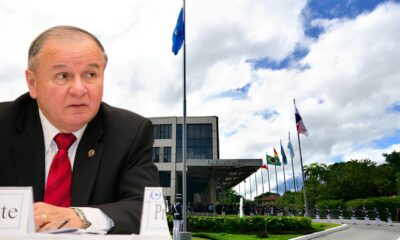
 Politics6 days ago
Politics6 days agoElias Castillo: A Stalwart of Latin American Legislative Leadership
-

 Sports6 days ago
Sports6 days agoGenoa passes in Monza with Pinamonti
-

 Sports5 days ago
Sports5 days agoOfficial: Juventus announces sixth purchase
-

 Sports4 days ago
Sports4 days agoBeautiful Juve: Vlahovic and youth rout Verona. Thiago Motta first
-

 Sports4 days ago
Sports4 days agoJuventus, Vlahovic: “Now we play a different game.”
-
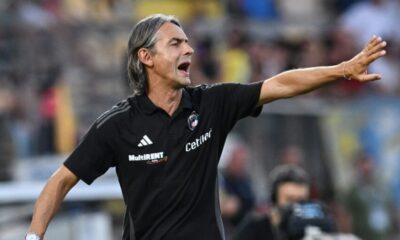
 Sports6 days ago
Sports6 days agoFilippo Inzaghi enjoys his Pisa









